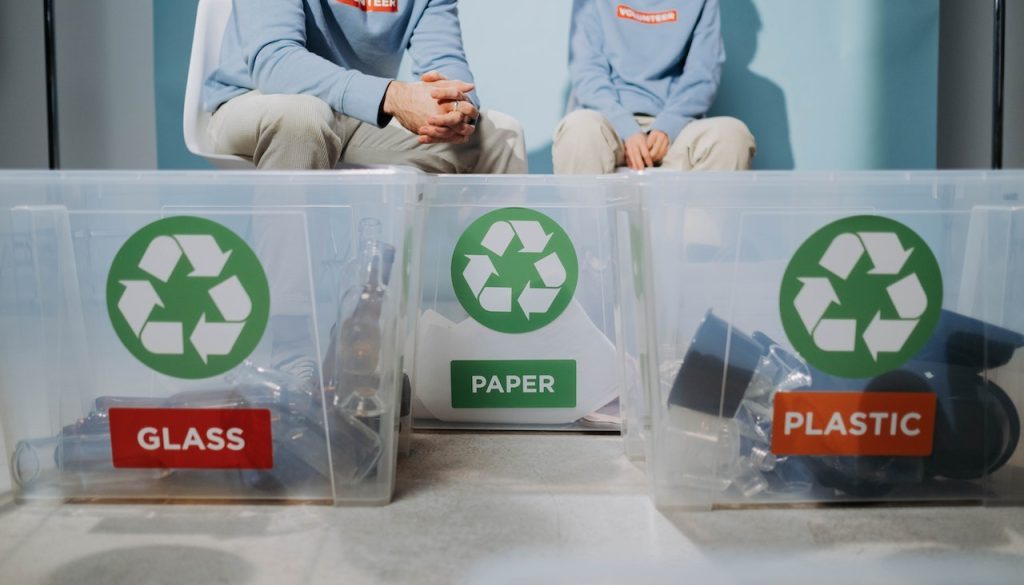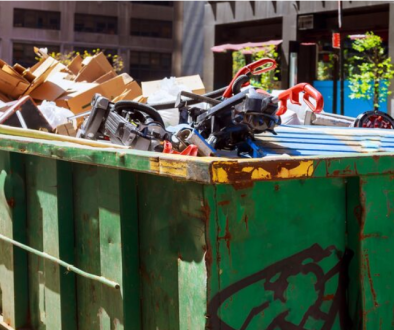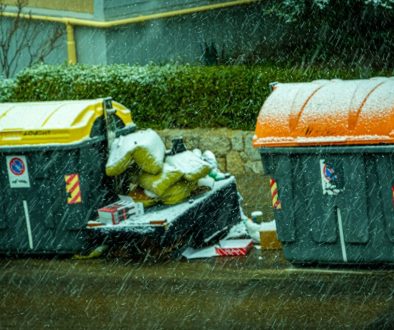Recycling is important because it helps to reduce pollution and conserve resources. When we recycle materials, we can reuse them instead of having to create new products from scratch.
This process takes less energy and resources, which helps to preserve our environment.
Additionally, recycling can help to reduce greenhouse gas emissions, as it takes less energy to recycle materials than it does to create new products from scratch. Finally, recycling can save you money by reducing the need to purchase new products.
There are many things in your household that can be recycled, but you might not be aware of them! In this blog, we discuss some of the basic household waste that can be recycled. Read on to discover more about the essentials of recycling!
Aluminium Cans
Aluminium cans are valuable to recycle because they can be reprocessed into aluminium mechanical components. It is important to check with local recycling centres to see if they accept crushed cans. Aluminium foil and foil packaging can also be recycled and turned into engine parts.
Computers
The best way to recycle your old computer is to give it away to a charity shop or sell it. This way, you can help someone in need and get rid of your old computer at the same time. You can also ask a local school if they need any old computers. Another option is to put a notice up on a local bulletin board, offering your computer free of charge. Many people who do not have a computer will still find it useful, especially with the word processor and essential programs.
Copper
Copper is a metal that can be recycled over and over again with no loss in quality. In fact, recycling copper only requires 15 per cent of the energy used in mining, milling, smelting, and refining the metal.
Corrugated Cardboard
Corrugated cardboard is a very recyclable material that curbside collectors often collect. It is essential to ensure the cardboard is dry before recycling, as wet or greasy cardboard can clog sorting machines.
Drink Cartons
Many people do not know that plastic-lined paper drink cartons are recyclable. Many recycling centres will accept these items now. You should throw away fast-food wrappers, dirty or food-stained paper tissues or napkins, though.
Food Tins
Empty tins of food should be rinsed, and the labels and lids removed. If possible, flatten the tins, although many new tins may be difficult to flatten. Recycle all tins.
Glass
Glass is recycled by colour: clear, green, or brown. Recycling centres prefer when the glass is separated in this way. These different glass colours are collectively known as “container” glass and are widely accepted for recycling. Shop-bought light bulbs, sheet glass, mirrors, and pyrex should be recycled separately from bottles, as they have different compositions and melting points and are not always accepted by many recycling centres.
Newspapers
Saving newspapers in their own bin helps with recycling. This type of recycling saves a lot of trees.
Other Paper Types
You can recycle glossy magazines, printed flyers, newspaper inserts, phone books, envelopes, computer printing paper, old paper letters, and paper packaging together, as long as there are no staples in the paper. You can also recycle rubber bands and plastic wraps. However, you cannot recycle carbon paper, stickers, cardboard, laminated paper, or laminated cardboard.
Paint Cans
Paint and aerosol cans can be recycled but are considered hazardous waste and must be kept separate from other metals. It is important to leave labels on these cans, as recyclers need to know the former contents. Try to return the lids along with empty paint cans.
Plastics
Plastic does not break down over time, so recycling is important instead of throwing it away. Recycling centres will accept different types of plastics, so it is essential to check with your local centre to see what they accept. When purchasing plastic goods, make sure to choose items that are recyclable.
Different types of plastics are given different numbers to help sort them for recycling. Containers, plastic bags, and mixed plastics like polycarbonates typically have to be thrown away because they can’t be recycled. However, most recycling centres accept plastics.
Plastic is often seen as the safest option for packaging food items. It is less expensive to produce, but recycling it is less efficient, and the end result has little market value. Many companies have also switched to recycling plastic to reduce the amount of waste associated with choosing products packaged in plastic.
Plastic Bottles
Plastic bottles are commonly made from PET plastic, a recyclable material. This type of plastic can be used to make fleece fabric, among other things. The lids of the bottles should be removed before recycling; they can be recycled with other general plastic items. Polycarbonate baby bottles cannot be recycled. PET plastic is difficult to clean without releasing harmful chemicals, so bottles made of this material should not be reused.
Plastic Shopping Bags
Shopping bags are usually made of high-density polyethene, a type of plastic that can be recycled. Most supermarkets and recycling centres have bins where customers can drop off used plastic bags to be recycled.
Polystyrene
Polystyrene is a type of plastic that is often used for disposable cups, food trays, and egg cartons. It does not biodegrade, so it can be difficult to recycle. You can try to reduce your use of polystyrene by using reusable cups and containers instead.
Conclusion
Recycling is one of the most efficient ways to reduce waste. It helps conserve resources, saves energy, and reduces pollution.
Recycling has many benefits, but it’s essential to do it right. Make sure to recycle only clean, dry, and empty items. And be sure to check with your local recycling facility to see what items they accept.
Recycling is a great way to help the environment and save money in your household, and it is extremely easy to get started. Just remember to recycle responsibly!
Do you need to hire a skip in Chester? Turn to Enviro Skip Hire, a family-run skip hire and aggregate company. Check out our wide range of skip sizes and aggregates. Call us today!




